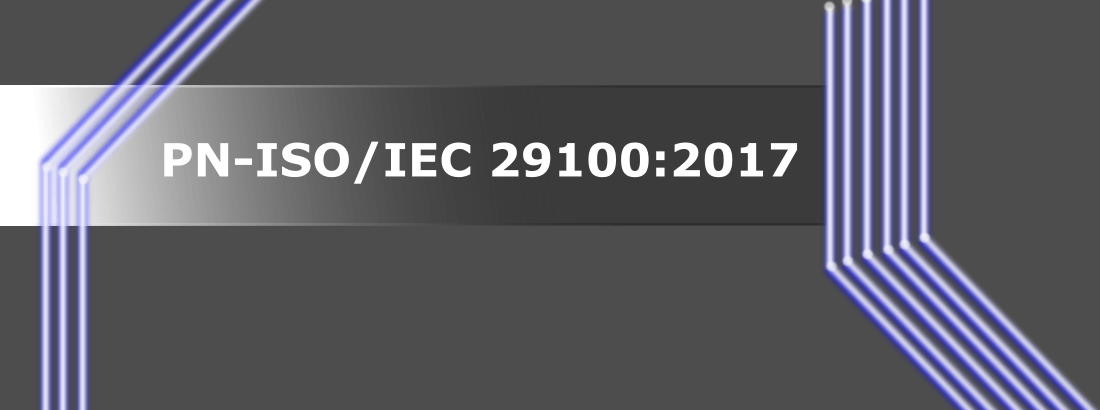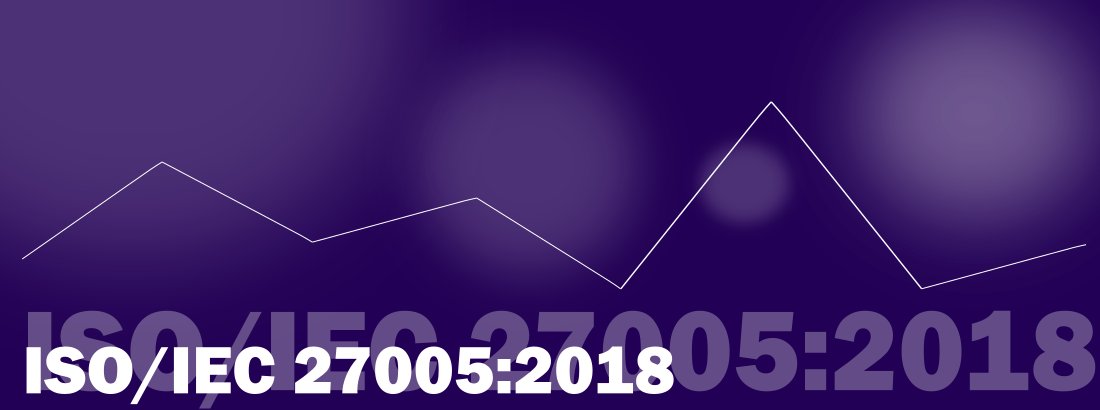Legal note: in accordance with the Act from 5 August 2010 about the protection of classified information, the bodies authorized to grant authorizations to process classified information are: Agencja Bezpieczeństwa Wewnętrznego (ABW – Internal Security Agency) in the case of civilians and Służba Kontrwywiadu Wojskowego (SKW- Military Counterintelligence Service) in the case of soldiers of the Polish Army. In order to obtain permission to process classified information, you should contact these institutions.
Articles and training available at IKMJ are aimed at familiarizing readers and participants with:
- the rules regarding the processing of classified information for reference only,
- costs related to the admission to the processing of classified information,
- organizational and technical requirements necessary to process classified information.
Trainings available at IKMJ do not authorize the processing of classified information and are illustrative nature.
What is the classified information?
These are information “… the unauthorized disclosure of which would or could cause damage to the Republic of Poland or would be unfavorable from the point of view of its interests, also during its preparation and regardless of the form and manner of its expression …” (Article 1.1 of the Act) . Classified information is recorded on paper or electronic media, as well as transmitted orally. They can only be processed by persons or organizations authorized to process classified information granted by the ABW or the SKW.
What do we need permission to process classified information for?
If, as a company, we want to process orders for the army, police or government administration or other companies, where the scope of work is classified, in this case we must apply for admission of classified information. Before starting the procedure aimed at admitting classified information, we recommend you to carefully determine whether it is information classified as “restricted”, “confidential”, “secret” or “top secret” and then take steps to avoid unnecessary costs.
What are the types of classified information?
- information classified as “restricted“
- information classified as “confidential“
- information classified as “secret“
- information classified as “top secret“
What are differences between types of information?
Detailed definitions of individual types of information are provided in Chapter 2 of the Act from August 5, 2010 on the protection of classified information.
- Information with the “restricted” clause is information whose “.. unauthorized disclosure may have a detrimental effect on the performance by public authorities or other organizational units of tasks in the field of national defense, foreign policy, public security, observance of citizens’ rights and freedoms, and the administration of justice. or the economic interests of the Republic of Poland “(Article 5.4 of the Act)
What must be done to be able to process classified information classified as “restricted” in the company?
Obtaining permission to process classified information classified as “restricted” is relatively simple and cheap. For this purpose, the head of the organizational unit (Owner in the case of a company conducted as a natural person running a business, Members of the Management Board in the case of capital companies, Partners in the case of partnerships or capital-partnerships) must attend the ABW training, which lasts one day and costs about PLN 300-400 (price for 2020). After completing the training, it is allowed to process classified information.
If the head of the organizational unit wants the company’s staff to also be able to process classified information classified as “restricted”, he must train selected persons on the principles of classified information processing and grant them the right to process this information.
After obtaining the approval, it has the right to access this information, but if we want to receive and process it in the company, we must implement additional security.
- Information classified as “confidential” is information the unauthorized disclosure of which “..will cause harm to the Republic of Poland by the fact that:
1) will hinder the current foreign policy of the Republic of Poland;
2) will hinder the implementation of defense projects or have a negative impact on the combat capability of the Armed Forces of the Republic of Poland;
3) disturbs public order or threatens the security of citizens;
4) hinders the performance of tasks by services or institutions responsible for the protection of security or basic interests of the Republic of Poland;
5) hinders the performance of tasks by services or institutions responsible for the protection of public order, citizens’ security or the prosecution of perpetrators of crimes and fiscal crimes, as well as judicial authorities;
6) threaten the stability of the financial system of the Republic of Poland;
7) will adversely affect the functioning of the national economy. “(Art. 5.3 of the Act)
- Information classified as “secret” is information the unauthorized disclosure of which “..will cause harm to the Republic of Poland by the fact that:
1) will prevent the implementation of tasks related to the protection of the sovereignty or constitutional order of the Republic of Poland;
2) will worsen the relations of the Republic of Poland with other states or international organizations;
3) interfere with the state’s defense preparations or the functioning of the Armed Forces of the Republic of Poland;
4) hinders the performance of operational and reconnaissance activities carried out in order to ensure the security of the state or the prosecution of perpetrators of the crime by authorized services or institutions;
5) will significantly disrupt the functioning of law enforcement and the judiciary;
6) will result in a loss of considerable size in the economic interests of the Republic of Poland. “(Art. 5.2 of the Act)
- Information classified as “top secret” is information the unauthorized disclosure of which “..will cause harm to the Republic of Poland by the fact that:
1) threatens the independence, sovereignty or territorial integrity of the Republic of Poland;
2) threaten internal security or the constitutional order of the Republic of Poland;
3) threaten alliances or the international position of the Republic of Poland;
4) it will weaken the defense readiness of the Republic of Poland;
5) will lead or may lead to the identification of officers, soldiers or employees of services responsible for the implementation of intelligence or counterintelligence tasks, who perform operational and reconnaissance activities, if this threatens the security of the activities performed or may lead to the identification of persons assisting them in this regard;
6) threatens or may threaten the life or health of officers, soldiers or employees who perform operational and reconnaissance activities, or people providing them with assistance in this regard;
7) threaten or may endanger the life or health of key witnesses or their relatives, persons who have been granted protection and assistance measures provided for in the Act of 28 November 2014 on the protection and assistance for the victim and the witness (Journal of Laws of 2015, r. item 21), or witnesses referred to in art. 184 of the Act of June 6, 1997 – Code of Criminal Procedure, or their relatives. “(Art. 5.1 of the Act)
What must be done to be able to process classified information classified as “confidential”, “secret”, “top secret” in the company?
The requirements are much highrrt and more costly. For this purpose, we must obtain Certyfikat Bezpieczeństwa Przemysłowego (the Industrial Safety Certificate), which is granted to us by the ABW after meeting the requirements specified in the act. These requirements depend on the degree of access to classified information There are 3 levels:
- Level I – full access to classified information with a secret registry and an ICT system
- In this case, we obtain the right to process classified information in paper and electronic versions
- At least 5 people pass the personal verification:
- Head of the Organizational Unit
- Head of the Classified Information Division
- Head of the Secret Office
- ICT Security Inspector
- System Inspector
- We need to create a Secret Chancellery and equip it with tempest computer equipment for processing classified information
- The estimated cost is:
- 3000-4000. PLN for verification of one person
- costs of establishing a Secret Office
- costs of purchasing tempest computer equipment (about PLN 30,000 for a computer with a monitor and a printer)
- Level II – full access to classified information with a secret registry
- In this case, we obtain the right to process classified information on paper
- At least 4 people undergo personal verification:
- Head of the Organizational Unit
- Head of the Classified Information Division
- Head of the Secret Office
- System Inspector
- We have to create a Secret Chancellery
- The estimated cost is:
- 3000-4000 PLN for verification of one person
- costs of establishing a Secret Office
- Level III – III – personnel security (without the office and ICT system)
- In this case, we obtain the right to access classified information in the office of a secret organization that provides us with information
- At least 4 people undergo personal verification:
- Head of the Organizational Unit
- The estimated cost is:
- 3000-4000 PLN for verification of one person








